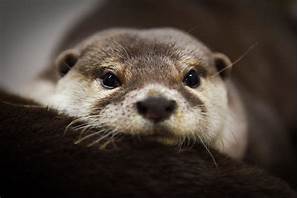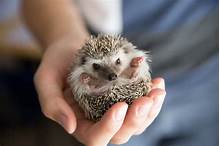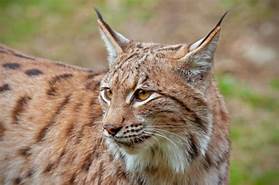Can I Own an Otter as a Pet?
Otters are adorable and playful creatures that have captured the hearts of many people around the world. Their sleek bodies, playful nature, and curious personalities make them seem like ideal pets. However, before you decide to bring an otter into your home, there are several factors you need to consider to ensure that you can provide them with the proper care and environment they need to thrive.

Otter Ownership Laws and Regulations
The legality of owning an otter as a pet varies greatly from country to country and even state to state within the United States. In some areas, it is illegal to own an otter as a pet, while in others, it may be permitted with certain restrictions and permits. It is essential to research the laws and regulations in your area before considering otter ownership.
Habitat and Enclosure Requirements
Otters are semi-aquatic animals that require access to both water and land. They need a spacious enclosure that includes a large pool or body of water, as well as a dry area for resting, sleeping, and playing. The enclosure should be secure and escape-proof, as otters are known for their cleverness and ability to find ways to escape.
Diet and Nutrition
Otters are carnivores and require a diet that consists mainly of fish, shellfish, and other aquatic creatures. They also need a variety of vitamins and minerals to stay healthy. Providing your otter with a balanced and nutritious diet is crucial for their overall well-being.
Socialization and Activity
Otters are social animals that thrive in the company of others. If you plan to keep an otter as a pet, you should provide them with a companion, either another otter or a compatible animal such as a dog or cat. Otters also need regular exercise and mental stimulation to stay happy and healthy. Providing them with toys, puzzles, and opportunities to explore their environment is essential.
Health Care and Veterinary Considerations
Otters require regular veterinary care, including vaccinations, check-ups, and treatment for any illnesses or injuries. Finding a veterinarian who is experienced in treating otters is important, as they have unique medical needs and requirements. You should also be prepared to pay for the costs associated with veterinary care, which can be substantial.
Final Thoughts
Owning an otter as a pet is a significant commitment that requires extensive research, preparation, and dedication. Before making a decision, you must carefully consider the otter's needs, your ability to provide them with the proper care and environment, and the legal and ethical implications of otter ownership. If you are prepared to make this commitment, an otter can be a wonderful and rewarding pet that brings joy and companionship to your life.
Declaration: All article resources on this website, unless otherwise specified or labeled, are collected from online resources. If the content on this website infringes on the legitimate rights and interests of the original author, you can contact this website to delete it.




